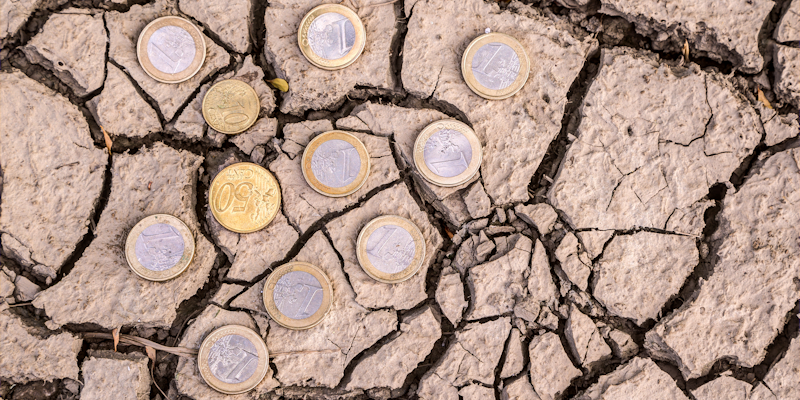Climate finance: it’ll be cheaper in the long run if poorer countries receive it as a matter of urgency
Dr. Kamiar Mohaddes has written a joint article for The Conversation, that says climate change will shrink the economies of rich, poor, hot and cold countries alike.
In the piece, jointly written with Matthew Agarwala, Matt Burke and Patrycja Klusak, they argue that, Climate change will shrink the economies of rich, poor, hot and cold countries alike and will make it more difficult and more expensive to raise the finance needed to decarbonise in the future. The cost of early action is far cheaper than the cost of delayed action.
Estimates of the amount of finance needed to actually decarbonise the global economy range between US$50 trillion and US$90 trillion. With a thousand billions in a trillion, that US$100 billion everyone is referring to is merely a decimal point.
The bottom line is that mobilising climate finance is a win-win for both the developed and developing economies. And in the context of what will really be needed to address climate change, that US$100 billion is really just a distraction.
Related papers:
Rising Temperatures, Falling Ratings: The Effect of Climate Change on Sovereign Creditworthiness, Klusak, P., Agarwala, M., Burke, M., Kraemer, M. and Mohaddes, K. (2021)
Climate Change and Fiscal Sustainability: Risks and Opportunities, Agarwala, M., Burke, M., Klusak, P., Mohaddes, K., Volz, U. and Zenghelis, D. (2021).
Long-Term Macroeconomic Effects of Climate Change: A Cross-Country Analysis, Kahn, M. E., Mohaddes, K., Ng, R. N. C., Pesaran, M. H., Raissi, M. and Yang, J-C. (2019), which is now published in Energy Economics (2021).

Published on - Tuesday 9th November 2021
Tags:
